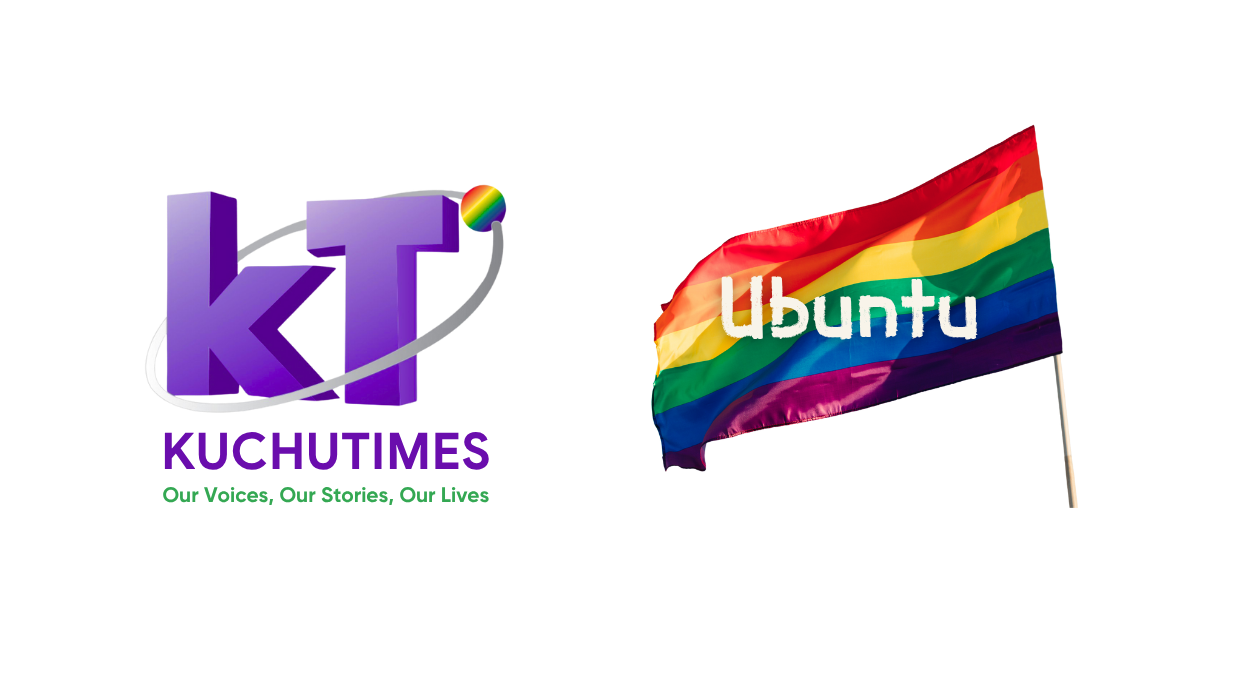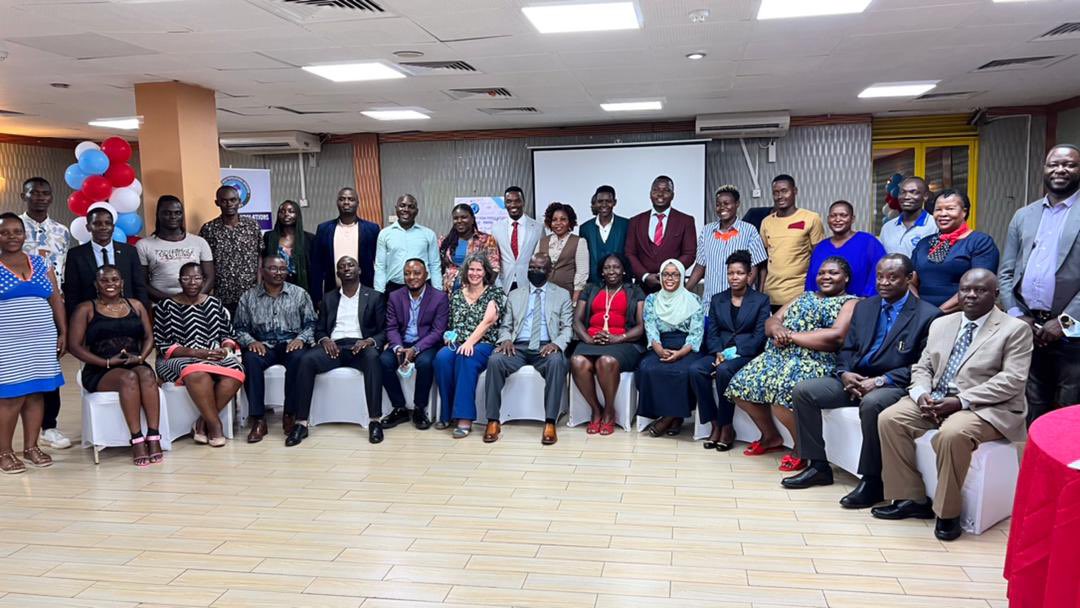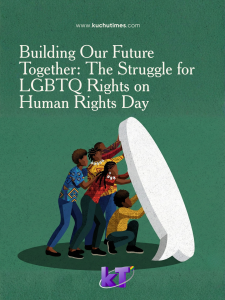On 11th August, 2022, Most At Risk Populations Initiative (MARPI) held an annual general meeting for its members, implementing partners and other stake holders. It was a very nostalgic meeting as MARPI was the first organization/clinic to offer specialized Key and Priority SRHR services 15 years ago. All members who have walked this road with MARPI were in the room to offer testimonials and recommendations. Dr. Fred Kambugu, the Board Chair, MARPI Board of directors welcomed the guests and spoke for everyone when he mentioned the fact that MARPI’s impact has been felt nationwide especially in their HIV/AIDS prevention efforts.
Dr.Peter Kyambadde the Executive Director, talked about the 15 year journey of service provision to Key and Priority Populations. He thanked this community for trusting MARPI and being receptive to the services offered. He noted that although the legal environment makes service delivery difficult, he is hopeful that things will get better with more government representatives coming on board like the Uganda AIDS Commission.
Daisy Nakato, the National Coordinator UNESO, an umbrella network for sex workers said, “As sex worker living positively, MARPI gave me hope. I went to MARPI when I was depressed due to the stigma I was facing at other health facilities. I am now a mother to two healthy children something I did not think possible for someone of my status. I am not an isolated case; this is the tale of every sex worker who has ever come to MARPI.” Speaking for men who have sex with men(MSM), Morgan Kanyike the Executive director of Youth on Rock Foundation and one of the first MARPI trained peer leaders said everyone at MARPI right from support staff has been trained especially in the mental health needs of key population groups. This ensures comfort, trust and ease during service delivery. Moses Kimbugwe, the KP representative to the Global Fund committee commended MARPI for the work well done. He requested the implementing partners in the room to continue funding MARPI because the work they are doing is literally saving lives.
In the spirit of transparency, MARPI shared their financials for the year 2020-2021 and even had their auditors present in the room to give an independent report. Mutesi, the TASO Program Coordinator Global Fund commended the work MARPI has done since 2015 when TASO came on board. She appreciated the growth over the years and made a call to medical training institutes to include KP service layering at training level because this burden has been falling on CSOs yet the health workers are constantly being transferred and taking the training efforts back to square one.
Dr. Stella Alamo a representative from the US Embassy thanked MARPI for all the work they have done over the years. She acknowledged that the testimonials were self speaking and informed the members of PEPFAR’s COP budget increase for drop in centers(DIC). She positioned MARPI as a model clinic for mentorship of marginalized community DICs due to their wealth of experience. Ruth from the Embassy of Netherlands in Uganda said all the reports and testimonials she heard throughout the day armed her with knowledge to go back to her ministry and advocate for support for these initiatives.
The Chief Guest, the Director General of the Uganda AIDS Commission, Dr.Nelson Musoba added his vote of gratitude to the members thanking MARPI for the work done despite the legal environment and existing stigma not only for HIV/AIDS but also the specific groups MARPI serves. He affirmed that there are steps in government to reduce the barriers to accessibility of services for certain populations more susceptible to HIV/AIDS and sharing reports like MARPI’s is one of the ways to get this information out there. The meeting was ended with the launch of MARPI’s 5 year strategic plan.
KTMG congratulates MARPI, the LGBTQ+ community, PWID community, implementing partners on the work done thus far. Moving forward, MARPI as the mother DIC of all DICs in Uganda should advocate for the inclusion of LBQ specific services as this group though extremely vulnerable has been neglected for so long.




